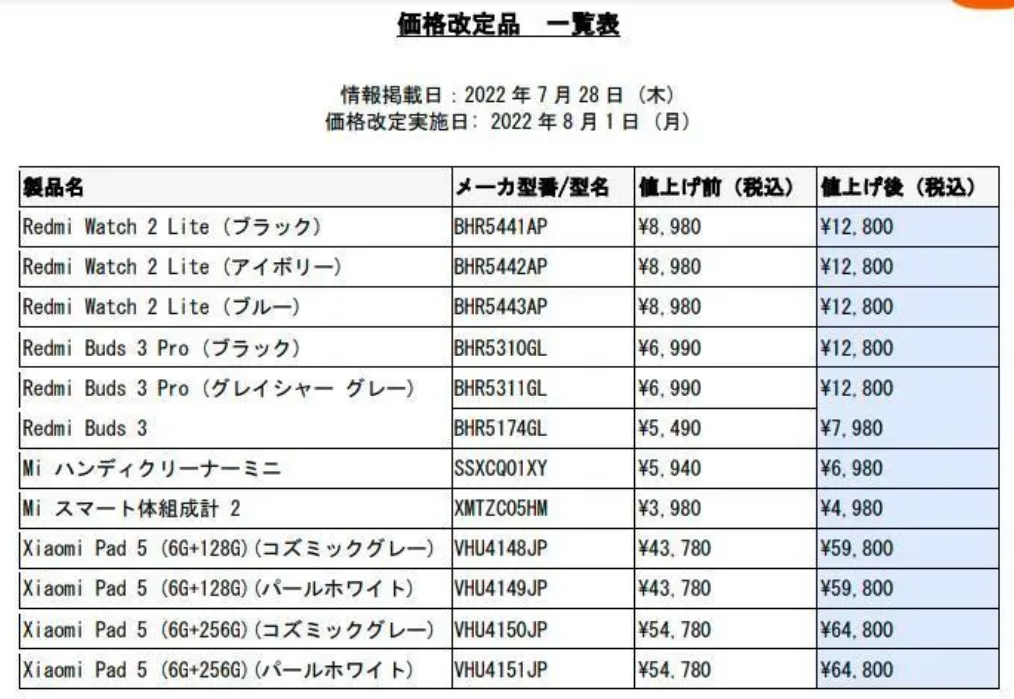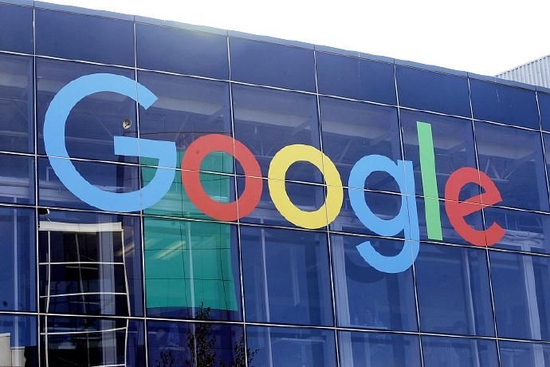your current location is:Home > Finance > NewsletterHomeNewsletter
Reselling game consoles into huge profits? Microsoft, Sony, Nintendo fight in Japan

Sony's playstation5, Microsoft's Xbox series, Nintendo's switch -- which is the best game console on the market? I believe that if this problem is put on any game forum, it may make game fans around the world uproar.
This scene is clearly revealing that in the global console game field, the three pillars of the situation is deep-rooted. No matter Microsoft, which has a lot of money, Sony, which has a lot of iron powder, or Nintendo, the overlord in the field of handheld computers, it is hard to say that anyone can easily defeat the other two.
Now, with the sharp depreciation of the yen in the first half of this year, Microsoft, Sony and Nintendo are also staging a price war with each other in the Japanese market - knowing that the sharp depreciation of the yen may threaten profits, but no one is willing to become the first manufacturer to announce a price increase to avoid losing market share
Such a dramatic situation also made many scalpers who bought game consoles in Japan, so they made a lot of money!
The current "most alternative" electronic product market in Japan: game consoles
In this year, the weakening yen is causing the prices of various electronic products from iPhone to refrigerator to rise in Japan, but there is one category that is an exception, that is, the home game console market.
Sony, Microsoft and Nintendo have long adhered to the commodity exchange rate of 100 yen to 1 dollar, which leads to the fact that the price of these brand game consoles in Japan is about 100 dollars cheaper than that in other parts of the world under the background of the sharp depreciation of the yen.
You know, in Japan, at present, the price of electronic goods that have not followed the trend is almost "rare". Many electronics manufacturers, including apple, have previously announced price increases in Japan to offset the impact of the devaluation of the exchange rate - the yen price of the iPhone has risen by 25%.
Even Xiaomi, which has always attracted customers with low price and good quality, announced the latest price increase plan at Xiaomi Japan mall on Monday. The price increase from Hongmi watch 2 Lite smart watch to Xiaomi pad 5 tablet computer generally exceeded double digits.
Xiaomi Japan mall said, "we are doing our best to provide our products at a reasonable price, but due to the soaring cost of the supply chain and the impact of the yen exchange rate, it is difficult to maintain the current price. Therefore, in order to continue to provide high-quality products and services, we will adjust the price as follows."
In this regard, Morningstar analyst Kazunori ITO pointed out that "Japanese consumers can be said to have been accustomed to commodity price increases".
"Due to the weakening of the yen exchange rate, the prices of electronic products such as televisions, headphones, monitors, refrigerators, dishwashers, printers and so on have risen one after another. If the price of game consoles also rises, I don't think consumers will be angry." Ito said.
Microsoft, Sony and Nintendo "fight hard"
However, even if the prices of other electronic products have mushroomed, there is still no sign of price adjustment in the Japanese console game market.
No matter Microsoft, Sony or Nintendo, even after their new products are released, no company is willing to take the lead in breaking this "unwritten rule" of not raising prices, because they are worried that players and game developers will be robbed by competitors. These three companies seem to believe that they can make up for the hardware losses in the Japanese market through the software sales in the international market.
At present, with the weakening of the yen, the production costs are denominated in dollars, which directly leads to the reduction of the profit margin of all the game consoles sold by the above three companies in the Japanese market.
On Friday, Sony lowered its full year profit forecast due to lower game sales, resulting in a 3.2% drop in its share price on Monday. Nintendo is also expected to announce a profit contraction in its latest quarterly report on Wednesday.
Hiroki totoki, chief financial officer of Sony, said at the financial report meeting last Friday that the shortage of parts that suppressed Sony's production was improving, but the logistics challenges remained great. He declined to say whether the company planned to raise prices in Japan.
Nintendo had previously said it was not prepared to raise the price of switch, while Microsoft declined to comment.
Historically, game console manufacturers have always lowered their prices with the longer and longer listing time of game consoles, for fear that the price increase will affect demand and lead to market share being snatched away by competitors. Until now, Nintendo and Sony can still make up for the hardware losses caused by the weak yen through overseas software sales. Since most of Nintendo's costs are settled in yen, the company is also in a relatively better position and can basically resist the pressure of price increases.
For this secretly fierce tripartite game, Waseda University Professor Atsushi osanai said, "at present, the best way is to adopt a follow-up strategy after the opponent's price rise. The worst case is to take the lead in raising the price, while the other two did not follow. In view of this, enterprises often choose to maintain the way, that is, to maintain the status quo first."
The snipe and clam fight for the best? Scalpers made a lot of money on behalf of buyers
It is worth mentioning that due to the impact of the COVID-19 on the supply chain of electronic products and the global logistics industry, sub era game consoles such as Sony ps5 and Microsoft Xbox series have been experiencing supply chain difficulties worldwide since their release at the end of 2020. The supply of game consoles in many regions is often hard to find. Now, the "low price" strategy in the Japanese market undoubtedly further boosted the trend of online shopping and scalper reselling.
Some people in the industry joked that Sony's Playstation 5 has almost become a "financial asset" in Japan, and people buy it more for the purpose of changing hands for profit, rather than for playing games
Scalpers usually buy game consoles at a low price in the Japanese market and keep them in their hands until they find opportunities to maximize profits. For example, after the manufacturer releases a popular best-selling game, they sell it at a higher price.
At present, with the depreciation of the yen and the reluctance of Japanese manufacturers to raise prices, the profit space of scalpers is obviously becoming richer. Take Nintendo's switch OLED model as an example. The current tax inclusive price of this model in the United States is $350, while the price in Japan is only 37980 yen (about $290). Scalpers in Tokyo can often resell it at a price of more than 40000 yen, and the difference is their profits.
In addition, Sony's playstation5 sells for about 55000 yen in physical stores in Japan, but it can be immediately resold at 80000 yen or even higher in a trading company in Ikebukuro, Tokyo. The company said that its revenue in 2020 was as high as 10billion yen, and its main business was to sell electronic products to Japan, Chinese Mainland, Hong Kong, Taiwan, China, Singapore and the United States.
Hideki Yasuda, an analyst at Toyo securities, pointed out that arbitrage is a correction function of the market, suggesting that retail prices are too low for potential demand. Since the release of playstation5, the scalper market in the field of Japanese game consoles has always been very prosperous, because the demand for this game console is very strong, and it even needs to wave numbers to buy it at first.
Yasuda said that Sony and Nintendo's decision not to raise prices in the domestic market also created space for scalpers' survival and profits in a sense, and their shareholders lost their profits that should have belonged to them.
Therefore, at present, many people in the industry also doubt whether the decision of game console manufacturers not to raise prices in the Japanese market can continue.
The consensus of analysts is that the current business model is unsustainable - it is long overdue to correct it. As reselling activities further tighten the supply chain of game consoles and affect the virtuous cycle between hardware and software sales, the three major game console manufacturers may face greater losses.
Katsuhiko Hayashi, a spokesman for the video game magazine publisher Famitsu, said that the entire industry was losing more potential customers as a result. When you can't buy the game console you want through formal channels, more and more players may start to try to pour into other game platforms, such as PC.
related articles
Article Comments (0)
- This article has not received comments yet, hurry up and grab the first frame~













